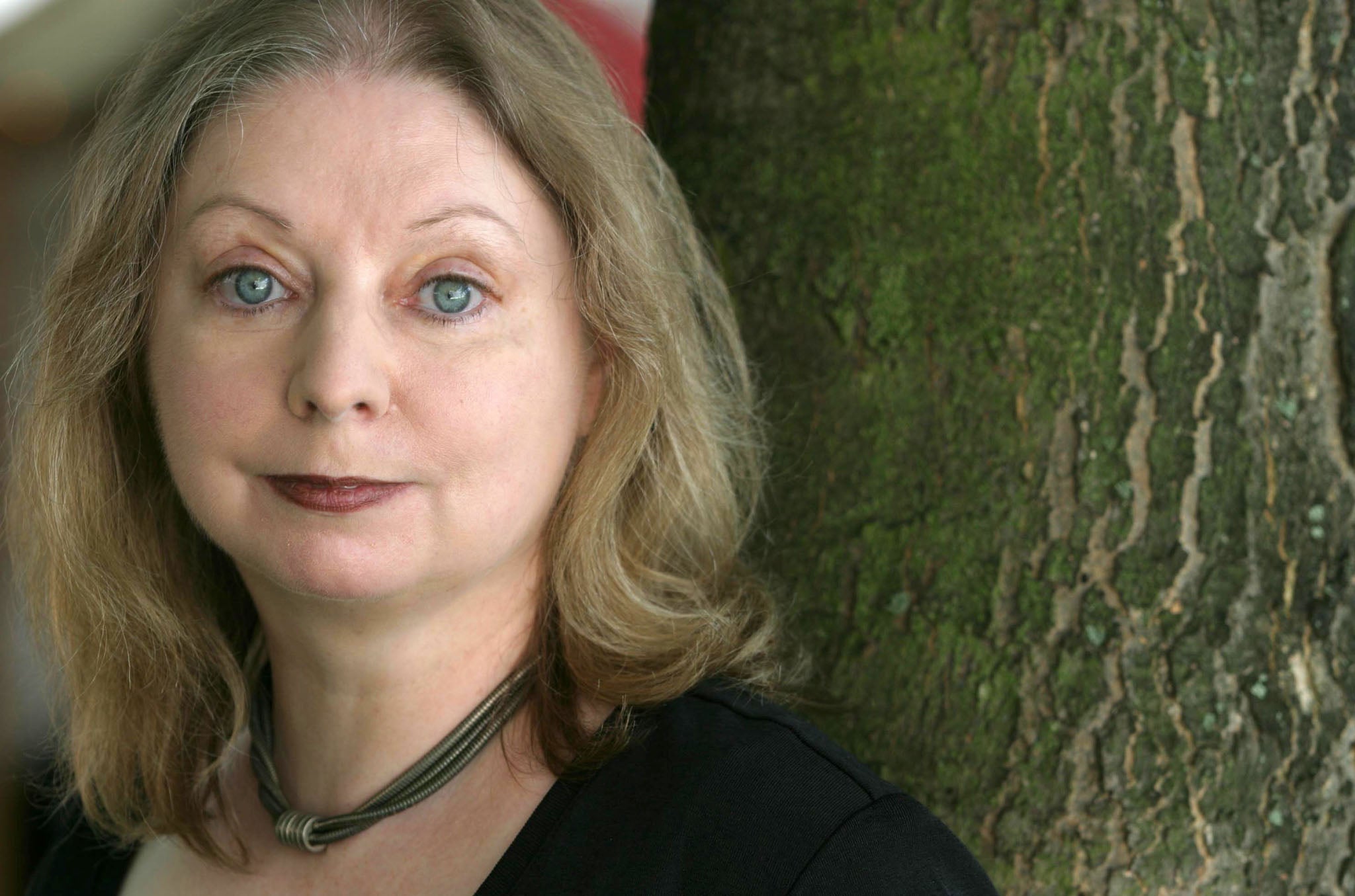Hilary Mantel: Coalition government more brutal to poor and immigrants than Thomas Cromwell was
The award-winning historical author said the Middle Ages appeared positively enlightened compared to the “retreat into insularity” the UK had embraced

Your support helps us to tell the story
From reproductive rights to climate change to Big Tech, The Independent is on the ground when the story is developing. Whether it's investigating the financials of Elon Musk's pro-Trump PAC or producing our latest documentary, 'The A Word', which shines a light on the American women fighting for reproductive rights, we know how important it is to parse out the facts from the messaging.
At such a critical moment in US history, we need reporters on the ground. Your donation allows us to keep sending journalists to speak to both sides of the story.
The Independent is trusted by Americans across the entire political spectrum. And unlike many other quality news outlets, we choose not to lock Americans out of our reporting and analysis with paywalls. We believe quality journalism should be available to everyone, paid for by those who can afford it.
Your support makes all the difference.Hilary Mantel has claimed that the Coalition’s policies towards the poor and immigrants are more brutal than the measures introduced by Thomas Cromwell, during an interview in which she attacked a “mood of harshness” which has taken hold in Britain.
The award-winning historical author said the Middle Ages appeared a positively enlightened era compared to the “retreat into insularity” which the UK had currently embraced.
Speaking to German newspaper Der Spiegel, the Wolf Hall author said: “When people feel they're being mistreated, they lash out against people who are weaker than themselves, immigrants for example. What's happening here at the moment is really ugly.
“The government portrays poor and unfortunate people as being morally defective. This is a return to the thinking of the Victorians. Even in the 16th century, Thomas Cromwell was trying to tell people that a thriving economy has casualties and that something must be done by the state for people out of work.
“Even back then, you saw the tide turning against this idea that poverty was a moral weakness. Who could have predicted that it would come back into style? It's myth making on a grand scale, and it's poisonous.”
Mantel, twice awarded the Booker Prize for her Wolf Hall, which documented the rise of Cromwell, Henry VIII’s chief minister, and its sequel Bring Up the Bodies, said austerity had become a present-day dogma rather than a policy response.
The author said: “Many people are poorer than they were five or six years ago. The last few years of austerity after the banking crisis have opened up a wider gap between rich and poor.
“What’s put to the electorate is: You can't have this, you can't have that, because there's no money in the pot. But it's not really a question of resources. It's a question of ideology, which is moving to the right. It wishes to reduce the role of government and it strives for a small state.”
She also defended her controversial recent short story about an IRA assassin killing Margaret Thatcher which prompted outrage from allies of the former Prime Minister, including calls for a police investigation.
Mantel said: “I was prepared, but bringing in the police for an investigation was beyond anything I could have planned or hoped for, because it immediately exposes them to ridicule.
“These people don't know how to read fiction, they were professionally outraged. I don’t know if the reactions would have been the same if a male writer like Martin Amis or Ian McEwan had published this.
“I don’t need a defence, but what I would ask them is: Do you think Ms. Thatcher shied away from controversy? Do you think she cared overly much about public opinion?”
Mantel added: “Thatcher was the first woman in Downing Street, but imitated a man. When I say this, it seems like a joke, but I think Margaret Thatcher had a great deal of trouble understanding and coming to terms with her own femininity.”
Welfare state: Cromwell’s plans
As chief minister to Henry VIII, Thomas Cromwell tried to introduce a Poor Law in 1536 to provide financial aid to those unable to work, a move which reveals him to have been a progressive in medieval terms, Mantel claims.
This attempt to establish a national system of poor relief could be seen as a progenitor of the modern Welfare State. Cromwell proposed compelling the able-bodied to work on public projects, such as road and bridge building, for a basic wage. These works would be financed by taxes that would also pay for the care of the sick, old and disabled. Parliament rejected the scheme because of its tax provisions.
However, the Dissolution of the Monasteries in which Cromwell played a key role, and which brought the crown vast wealth, swept away the informal system of poor relief, care and education provided by the Church.
Cromwell also drew up an Act against Enclosure, to end rural depopulation by limiting the sheep any one person could own to 2,400.
Join our commenting forum
Join thought-provoking conversations, follow other Independent readers and see their replies
Comments